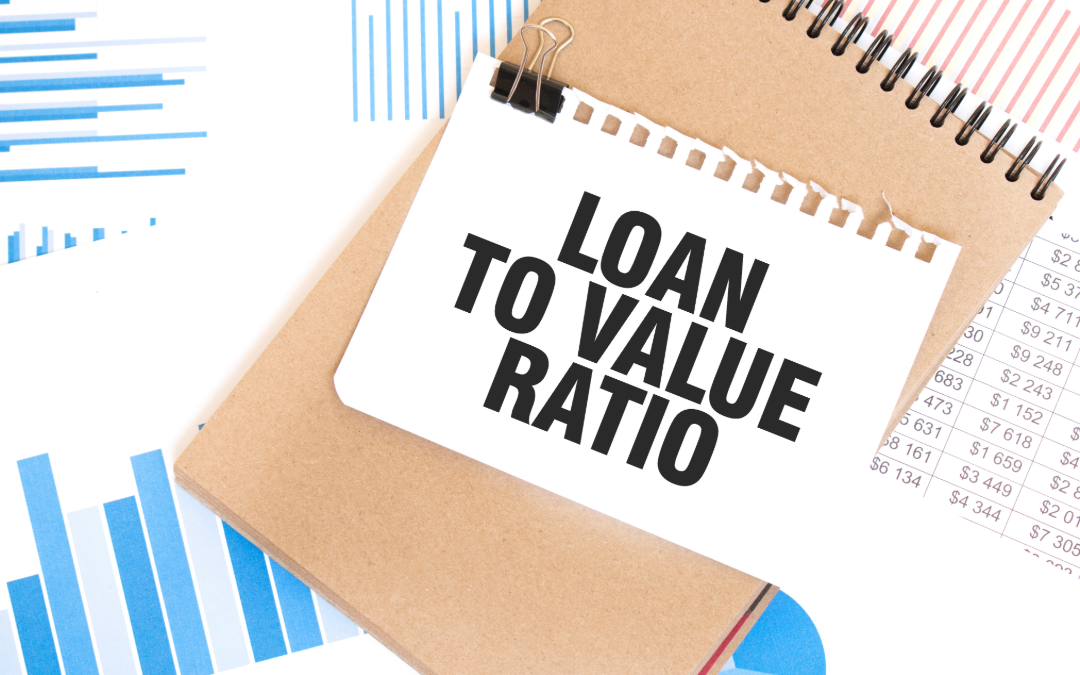When it comes to the homeownership journey, there are numerous terms and ratios to navigate, and one of the most critical among them is the Loan-to-Value Ratio (LTV). In this article, we will discuss the significance of LTV in the mortgage world, how it is calculated, and strategies to improve it.
What is LTV?
Loan-to-Value Ratio (LTV) is a crucial metric used in the mortgage industry to evaluate the risk that may be associated with a home loan. It represents the percentage of the property’s value that you are financing through the mortgage. Simply put, it compares the loan amount to the purchase price or appraised value of the property.
How is LTV Calculated?
The LTV ratio is calculated by dividing the loan amount by the purchase price of the home. In a refinance the loan amount is divided by the appraised value. The formula to find the LTV looks something like this:
LTV = (Loan Amount / Purchase Price or Appraised Value) × 100
For example, if you seek a $320,000 mortgage for a property appraised at $400,000, your LTV would be calculated as follows:
LTV= ($320,000 / $400,000) × 100 = 80%
Importance of LTV in Mortgages
Risk Assessment
A lower LTV often indicates a more substantial down payment, potentially reducing the lender’s risk and may lead to more favorable loan terms.
Private Mortgage Insurance (PMI)
If LTV exceeds 80%, PMI may be required, adding to monthly mortgage costs. Lowering LTV may help avoid or eliminate PMI.
Lenders have maximum LTV limits and exceeding them may impact eligibility for some mortgage products. Be sure to speak to your Supreme Lending mortgage expert to learn more about LTV limitations.
Ways to Improve Your LTV
Save for a Larger Down Payment
Increasing your down payment lowers the loan amount, reducing LTV.
Property Value Increase
While not directly controllable, a higher-than-expected property appraisal may lower your LTV.
Choose a Less Expensive Property
Opt for a more affordable property to secure a smaller mortgage and a lower LTV.
Negotiate the Purchase Price
Negotiating a lower purchase price reduces the loan amount, improving your LTV.
Understanding Loan-to-Value Ratio (LTV) is crucial for homebuyers aiming to secure favorable mortgage terms. By strategically improving LTV through a larger down payment or choosing an affordable property, borrowers may enhance their chances of approval and potentially save money over the life of the loan. If you have questions about LTV or need guidance on your mortgage journey, consult experienced mortgage experts at Supreme Lending who are ready to assist you in making informed decisions and achieving your homeownership dreams.
The journey of moving into a new home is significant, but it shouldn’t be overwhelming. With Supreme Lending, whether you’re a first-time homebuyer or ready to refinance your current home, our experienced team is here to guide you through every step of the mortgage process.

